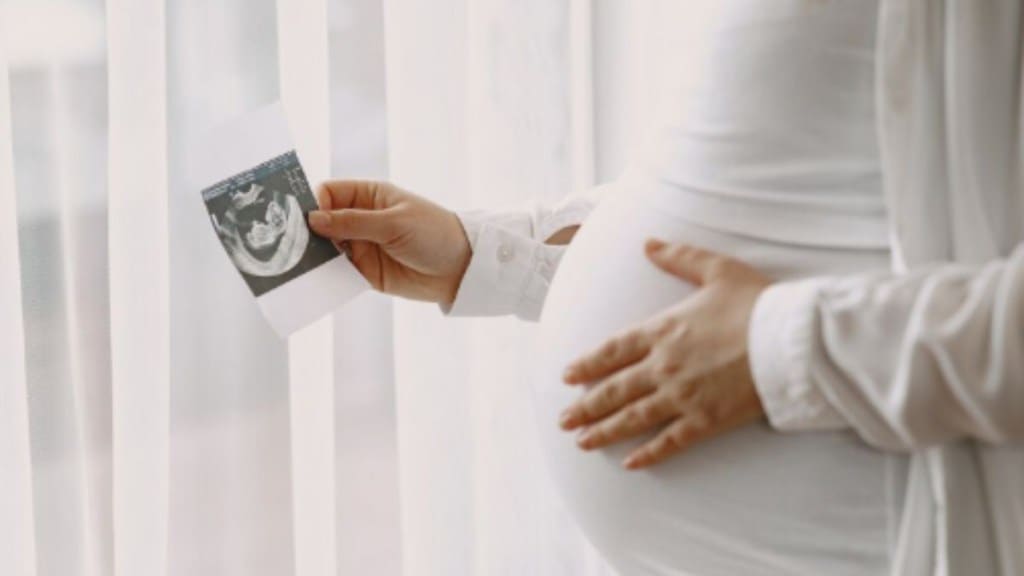India bears one of the highest burdens of viral hepatitis globally. According to the World Health Organization’s 2024 Global Hepatitis Report, nearly 29.8 million Indians are living with Hepatitis B, and 5.5 million with Hepatitis C. Each year, over 50,000 new HBV cases are recorded in India, contributing significantly to chronic liver diseases and fatalities. Amid this heavy national toll, experts are warning of a particularly silent but dangerous route of transmission, from mother to child at birth, often undetected until decades later.
Newborns at risk from day one
“When a pregnant woman is infected with Hepatitis B virus (HBV), she can unknowingly pass it to her baby during delivery through exposure to maternal blood and fluids,” explains Dr. Subhasish Mazumder, Senior Director of Gastroenterology at Max Super Speciality Hospital, Vaishali.
Newborns have immature immune systems, “up to 90 per cent of infants infected at birth develop chronic Hepatitis B, compared to only 5–10 per cent of adults who become infected later,” Dr. Mazumder warns.
The ‘silent’ nature of hepatitis b
Hepatitis B is often described as a “silent” infection:
- No obvious symptoms: Infants may appear healthy at birth and for years.
- Liver damage progresses quietly, without early warning signs.
- Serious disease appears later, often when cirrhosis or liver cancer develops in adulthood.
“The virus can quietly destroy the liver over decades until severe disease appears,” says Dr. Mazumder. This is why early detection is so critical.
Screening and prevention can save lives
To break this chain of transmission, Dr. Mazumder explains the importance of routine maternal screening:
“All pregnant women should be tested early in pregnancy. This simple blood test identifies infections and allows timely action to protect newborns,” he states.
Currently, routine HBV screening remains low in many parts of India, leaving thousands of infants at risk.
Proven strategies to prevent transmission
Dr. Mazumder outlines key preventive steps:
- Birth dose vaccination: Administer the first dose of the Hepatitis B vaccine within 12 hours of birth, followed by the full series.
- Hepatitis B Immunoglobulin (HBIG): For high-risk infants, HBIG provides immediate short-term protection when given at birth along with the vaccine.
- Antenatal antivirals: Mothers with high viral loads may receive antiviral treatment in the last trimester to reduce transmission risk.
“When these strategies are used together, the likelihood of chronic infection drops dramatically,” he stresses.
Breastfeeding is safe, if properly protected
Concerns about breastfeeding are common among HBV-positive mothers, but experts reassure, “If newborns receive the HBV vaccine and HBIG at birth, breastfeeding is safe, and the benefits far outweigh minimal risks,” Dr. Mazumder explains.
Why awareness matters
India accounts for over 11 per cent of the global burden of viral hepatitis, yet only about 2.4 per cent of HBV cases get diagnosed, and treatment rates remain critically low. Liver disease and cancer linked to chronic HBV infection claim more lives each year. Awareness, timely screening, vaccination programs, and early interventions are vital.
“Awareness, universal prenatal screening, and vaccination at birth could save thousands of children from lifelong liver disease,” explains Dr. Mazumder.
While Hepatitis B can be transmitted silently from mother to child, experts say it is preventable. With early screening, timely vaccination, and proper follow-up, every child can be given a healthy start in life.
As Dr. Mazumder said, “Hepatitis B may be a silent infection, but with awareness and action, we can silence its impact for the next generation.”








